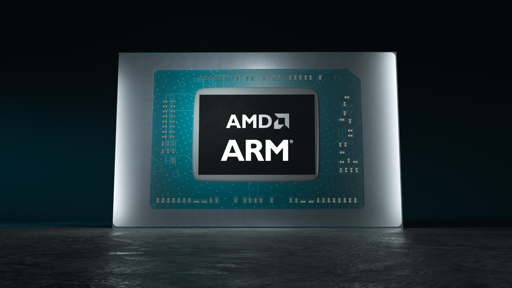AMD has put its full faith in the x86 ecosystem, as the firm claims that the architecture is right on par with ARM.
ARM is making Intel and AMD get off their lazy butt’s and actually substantially improve their products. That alone makes ARM worth while.
This has sort of been understood for a while, though? It’s down to what you design it for. ARM chips have historically been designed to be small and low power whereas x86 has focused more on high performance. So obviously x86 is playing catch up on power management (for lower power states) but can have good efficiency at higher power. The front-end (the part that decodes instructions) is just a small piece of what makes a modern processor good, and is just about the only thing that is necessarily different between x86 and ARM (and RISC-V too).
arm boards and devices are still a big pain in the ass for general Linux support.
Oh, so what phones use an x86 processor then?
The headline is a bit sensationalized, but it’s the closest-to-the-original source that I found (the original being in German).
The original article’s bit translated from German with DeepL (which is similar to what’s in the WCCF tech article):
Both AMD Ryzen and Intel Core can offer extremely long battery life in notebooks while accessing the entire x86 ecosystem. Ultimately, there is no advantage for Arm in the overall package.
So it’s not really a blanket statement, but a contextual one.
Early Zenphones circa 2014 - 2015 had X86 processors. I had one, it was neat. The dream of running legacy apps on a phone never materialized though.
This is not a logical statement. Maybe x86 can be as efficient as arm or maybe it can’t, but the fact phones don’t use x86 is completely unrelated to the possibilities of the tech.
Not completely. I do remember when they tried to make x86 processors for phones, and I also remember how they very much failed to gain a foothold in part because android was more based around arm, but also because the power efficiency wasn’t really as good as existing arm chips in phones. However, it is a pretty good testing point given that mobile devices like phones have to have the most efficient chips in order to have a decent battery life, and yet the interest in them more or less dried up years ago. And before you point at laptops or tablets, most of that advantage is mostly that windows on arm sucks both from efficiency and compatibility perspectives, so x86 is the only real option.
There isn’t anything here that makes your original statement more than a useless pithy retort devoid of value.
I hate to say it but Apple would disagree.
The advantage for vendors will be a wider selection of processor choices and the possibility for the large players to use their own chips however much of it the result of licensed IP. Applies to ARM and RISC-V. Also Intel and AMD both being US companies making modern international politics of self reliance important





